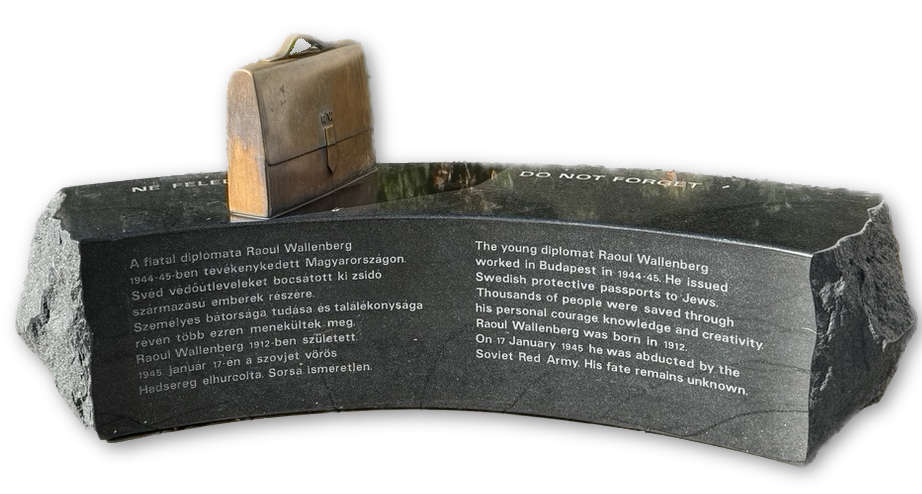Jenny and I have just returned from a short trip to Budapest in Hungary. I’ll spare you the family holiday photos but suffice to say we had a fantastic time visiting the sights, enjoying the food, and relaxing in the warm sunshine, yes sunshine even in early October.
Budapest has a rich and turbulent history. It is full of grand buildings with baroque and gothic architecture. We stayed in the Jewish quarter, home to the second largest synagogue in the world and frequented the restaurants and bars that filled the countless courtyards and passageways between the buildings. The bright and cheerful atmosphere belied the history of this place. As we walked into the city each day, we passed a pale-yellow wall of no significance. We passed it day after day. It was only on the last day that we noticed the sign reading:
“In the rear portion of this courtyard stood the last remaining part of a wall surrounding the Budapest ghetto demarcated in November 1944. Tens of thousands of Hungarian Jews - mostly children, women, and older men - were crowded behind this wall. Thousands among them did not survive to experience the liberation of the ghetto.”
So many things happen behind walls, beyond closed doors some of which we cannot possibly know and some of which as a society we choose not to know, just as some would have in the latter years of the second world war. As we move towards Remembrance Sunday where we look back at those that fought for freedom and to expose what was happening behind the walls of conflicts around the globe it is too easy to think these are events of a bygone age. The reality is that today behind closed doors terrible things still happen.
In Hungary two people amongst others are noted as taking a stand: Raoul Wallenberg and Carl Lutz. Carl was a Swiss career diplomat trained and experienced. Raoul was a Swedish diplomat with a more chequered background far less suited to the position. In fact, some sources claimed he only got the job because no one else would do it. Both were brave enough not to ignore what was going on behind the closed doors and walls of the ghetto. Between them they saved at least 70,000 people from death or deportation to the extermination camps.

As we look back, on Armistice Sunday, it is good to remember not all heroes wore a military uniform. As we look forward, it is my prayer that as a society we never normalise the mistreatment of a part of humanity or choose to ignore that mistreatment and that we learn from the sacrifice of those who stood up for justice in the past.
![]()

